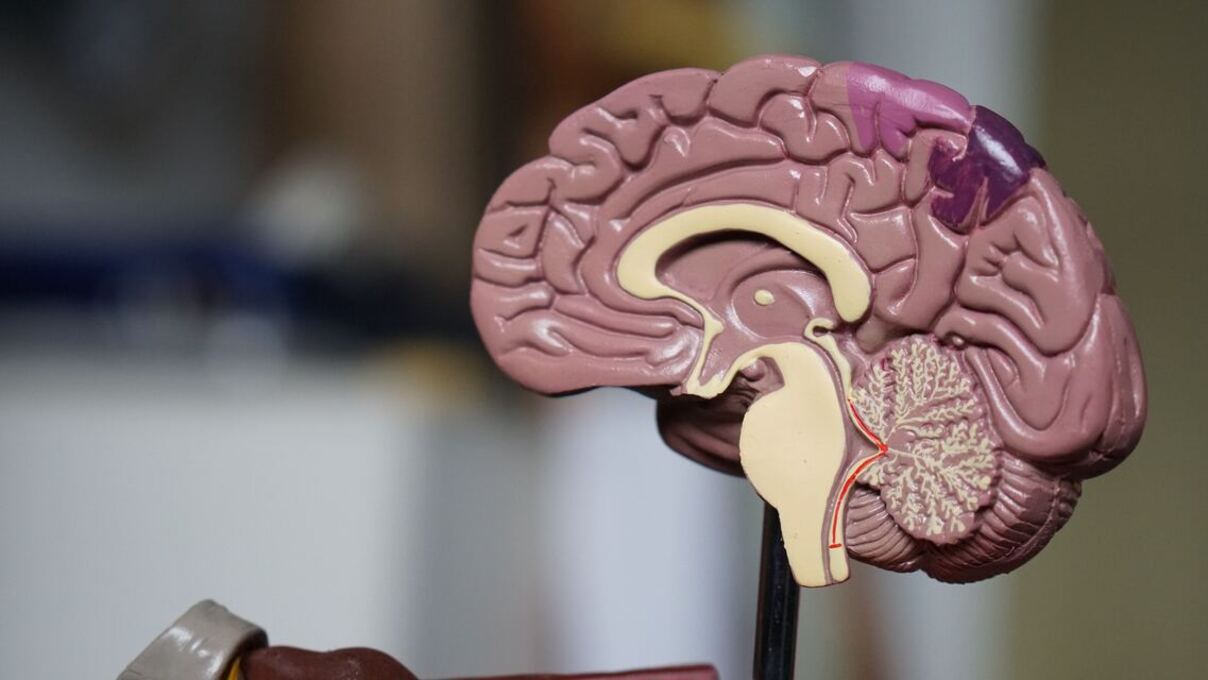7 evidence-based ways to improve retention when studying
Elton Rodrigues 3 min read

Memorizing information for tests and exams can be daunting. If you haven’t already, check out our post on how to study for tests and exams first to learn a basic study framework. I’ve also spoken about the lack of evidence for the popular VARK model of “learning styles” that is widely recommended to assist with memory. In this blog post, we will explore some of the most effective methods for improving memory that have been supported by scientific research
💡 Spaced Repetition 👩🏫
Spaced repetition involves reviewing material at intervals that gradually increase over time. The base principle is that memories become stronger and more permanent with repeated exposure. It is extremely effective for long-term retention of information. Mild exposure over longer periods also yields better results when compared to short bursts of intense exposure - 1 hour a day for 16 days is better than 4 hours a day for 4 days (1, 2)
The next time you’re studying, try using flashcards or other study materials and gradually increase the interval between reviews
🦜 Active Recall 🏅
Active recall is another evidence-based method for improving memory. It involves actively retrieving information from memory rather than simply reading or reviewing it. Active recall has well documented benefits when compared to re-reading (3, 4). It is extremely effective with feedback, and particularly effective when combined with spaced repetition (3, 4, 5)
When studying, try using practice tests or quizzes, or simply testing yourself repeatedly by trying to recall information from memory without looking at your notes
🌴 Elaborative Encoding 👩💻
Elaborative encoding involves connecting new information to existing knowledge, resulting in proven memory and recall benefits (6). This works because we are more likely to remember information that is personally relevant or meaningful to us
Elaborative encoding can be used to help you retain complex information. When learning new concepts, relate them to your personal experiences or interests, or try to connect them to real life situations in a meaningful way
🔠 Mnemonics 🛒
Mnemonics are memory aids that help to associate new information with something that is easier to remember. Mnemonics are particularly useful for remembering lists or sequences of information. They have been shown to improve recall of lists in all age groups (7). Self-created mnemonics are also more effective than those made by others. This is possibly due to the significant amount of cognitive processing, and elaborative encoding that is required to create one (8)
When trying to remember lists or sequences, create acronyms to associate new information with something that is easier to remember
🛌 Sleep 😪
Getting enough sleep is essential for memory consolidation. The postive correlation between sleep and memory is extremely well documented (9). Sleep is also most effective when it occurs soon after learning, regardless of time of day (10)
Prioritise sleep as a study tool, make sure you get enough, particularly the night before an exam or test. When studying, take frequent naps and plan them into your day (see how to study for tests and exams)
🚴♀️ Exercise 🤸♀️
Aerobic and cardiovascular exercise has proven benefits to short-term memory, long-term memory and cognitive function in all age groups (11, 12)
To incorporate exercise into your studying routine, you can take breaks to go for a walk or do some light exercise
🧘♀️ Mindfulness Meditation ✌
Mindfulness meditation has a multitude of well documented benefits, and is is another evidence-based method to improve memory and retention (13). While consistency is key with meditation, single sessions have also been shown to improve short term memory (14)
Try taking a few minutes to practice deep breathing or mindfulness exercises before studying. There are plenty of tutorials and apps to help you get started
References
- Smith CD, Scarf D. Spacing Repetitions Over Long Timescales: A Review and a Reconsolidation Explanation. Frontiers in psychology. 2017;8:962.
- Kerfoot BP, DeWolf WC, Masser BA, Church PA, Federman DD. Spaced education improves the retention of clinical knowledge by medical students: a randomised controlled trial. Medical education. 2007;41(1):23-31.
- Larsen DP, Butler AC, Roediger HL, 3rd. Repeated testing improves long-term retention relative to repeated study: a randomised controlled trial. Medical education. 2009;43(12):1174-81.
- Roediger HL, 3rd, Butler AC. The critical role of retrieval practice in long-term retention. Trends in cognitive sciences. 2011;15(1):20-7.
- Schmidmaier R, Ebersbach R, Schiller M, Hege I, Holzer M, Fischer MR. Using electronic flashcards to promote learning in medical students: retesting versus restudying. Medical education. 2011;45(11):1101-10.
- Wammes JD, Meade ME, Fernandes MA. Learning terms and definitions: Drawing and the role of elaborative encoding. Acta psychologica. 2017;179:104-13.
- Yesavage JA, Rose TL. The effects of a face-name mnemonic in young, middle-aged, and elderly adults. Experimental aging research. 1984;10(1):55-7.
- Tullis JG, Qiu J. Generating mnemonics boosts recall of chemistry information. Journal of experimental psychology Applied. 2022;28(1):71-84.
- Rasch B, Born J. About sleep’s role in memory. Physiological reviews. 2013;93(2):681-766.
- Gais S, Lucas B, Born J. Sleep after learning aids memory recall. Learning & memory (Cold Spring Harbor, NY). 2006;13(3):259-62.
- Loprinzi PD, Roig M, Etnier JL, Tomporowski PD, Voss M. Acute and Chronic Exercise Effects on Human Memory: What We Know and Where to Go from Here. Journal of clinical medicine. 2021;10(21).
- Roig M, Nordbrandt S, Geertsen SS, Nielsen JB. The effects of cardiovascular exercise on human memory: a review with meta-analysis. Neuroscience and biobehavioral reviews. 2013;37(8):1645-66.
- Basso JC, McHale A, Ende V, Oberlin DJ, Suzuki WA. Brief, daily meditation enhances attention, memory, mood, and emotional regulation in non-experienced meditators. Behavioural brain research. 2019;356:208-20.
- Youngs MA, Lee SE, Mireku MO, Sharma D, Kramer RSS. Mindfulness Meditation Improves Visual Short-Term Memory. Psychological reports. 2021;124(4):1673-86.
